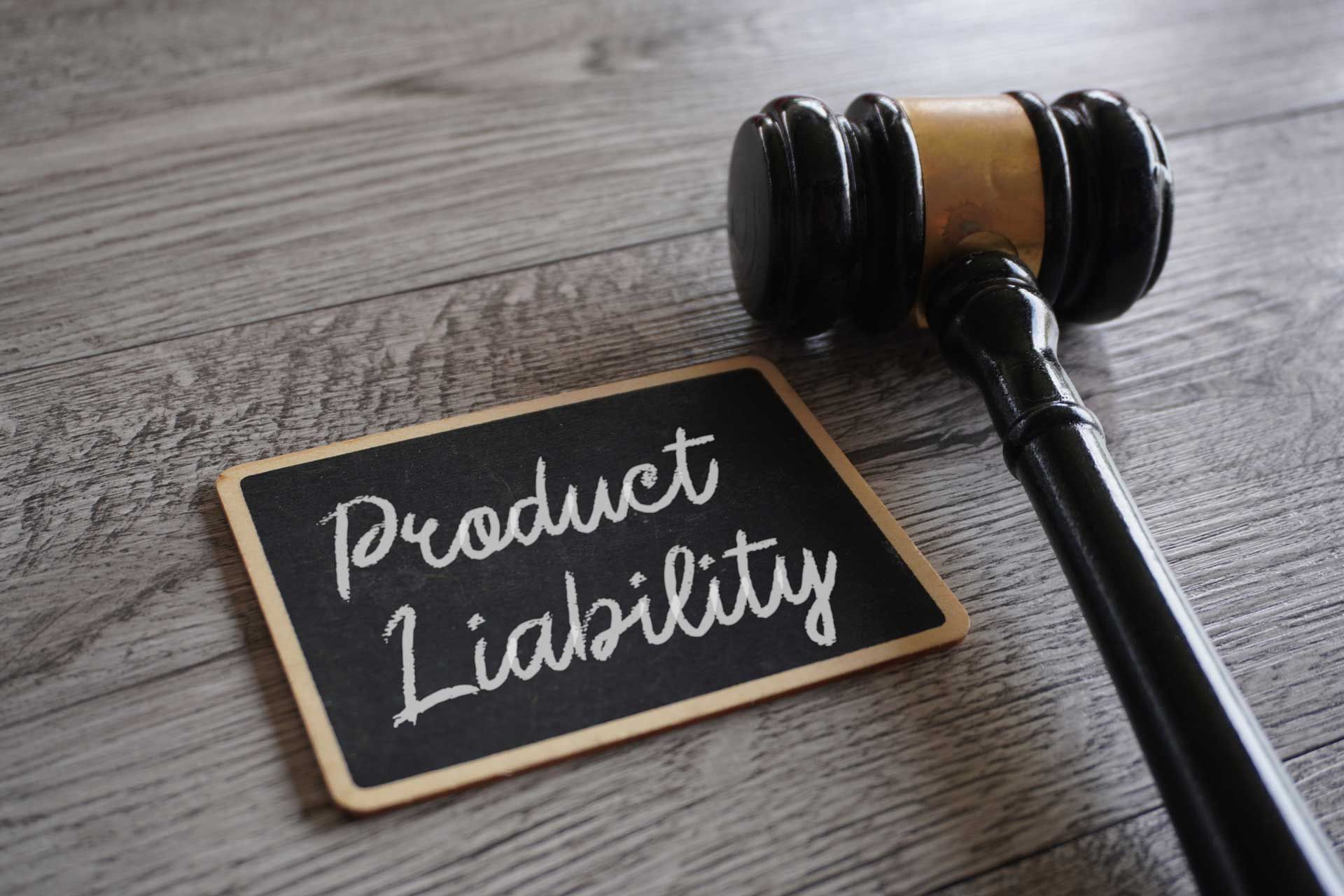How Can You Achieve Nonprofit Career Success?
The Extraordinary Value of a Good Mentor

The first question to ask is how do you define success? Career success can include any or all of several things: compensation, title, desirable work/life balance, reputation, recognition, peer respect, accomplishments and more.
For me my definition of success changed over time. When I first began my nonprofit career, I wanted to learn skills and to have experiences that would lead to progressively more important positions at more important employers. It was vital to feel that my work was important and beneficial for other people (and sometimes animals). It was important to me to feel good about my work, who I worked for, and who I worked with. I wanted to make enough money and benefits to feel comfortable and have enough free time to enjoy it. At the beginning, I had no delusions of accumulating great wealth or having celebrity. I wanted to learn more about managing people, projects, and my time. Learning how to lead was vital. However, I was young, inexperienced and incredibly naive.
As time inched forward, my definition of success changed – mostly out of necessity. Having a family required me to make more money and have better benefits. I wanted to live within a certain geography. I wanted to work with successful people on important ventures. I wanted my work to have purpose. But I needed help. At that time, I did not have a career goal. It was impossible to say that what ultimate position, organization, compensation or achievement was my objective.
Then my advisor/mentor miraculously appeared. Fortunately, he was also my boss. He saw something in me that I did not see in myself and decided to make it his mission to give me opportunities to manage people and projects. He made sure that I met important people doing important work. He helped me to improve my presentation skills. He taught me how to present myself as confident and competent – without coming across as aloof and arrogant. He encouraged me to participate in and take leadership roles in industry groups. He introduced me to people that I could learn from and people that would benefit from working with me. He taught me the importance of developing and cultivating relationships. He pushed me. He dispassionately and honestly evaluated my work. When I failed or fell short, he used criticism and encouragement to motivate me to do better. He delighted in my achievements - especially those he did not participate in. From him I learned nonprofit finance, budgeting, how to make a speech/presentation, how to hire, how to fire, and how to recruit. He showed me how to lead. He showed me how to negotiate and how to ‘close’. He gave me the confidence to sell just about anything from a budget to a vision to board participation. He baptized me in the waters of organizational politics. From him I learned that I could be tough and demanding without being a… (choose your appropriate anatomy). He showed me how to solve thorny problems. I also learned the importance of a measurable mission goal for a nonprofit and that nonprofit goals are often markedly different than those in business – but not always. He helped me define what success looked like for me. Then when he thought I was ready, he recommended me for a position like the one he had… but at a larger nonprofit.
Any success that I have enjoyed in my nonprofit career I owe to his counsel. He stood as my enthusiastic endorser for every key position I have ever had. His endorsement carried significant gravitas.
After his relatively brief tutelage I was prepared to make my own successes. I was ready to learn from other managers, colleagues and staff and in time - develop my own vision. But… I continued to seek his counsel and input on things. I’ve had a great deal of success and a few notable failures. But even today I continue learning.
Most people working in nonprofits don’t have the luxury of their successful boss taking a personal interest in their career success. They are figuring it out on their own day by day. I was lucky that way. Some people are more gifted. They possess the intelligence, motivation, polish, knowledge, education, relationships and experience to successfully plot their successful career paths. All I know is that in my case, I would not have had the same success without confidential personal guidance and coaching.
Today I am in the enviable position of being able to apply more than three decades of nonprofit experience to assisting current nonprofit organizations, executives and board members in having successful careers. I have been a nonprofit staffer and executive. I’ve been a nonprofit board member and board chair. I know how the nonprofit economy operates. My experiences include large national organizations as well as smaller community operations. I’ve been an employee and an employer. I’ve led boards and been led by them.
Perhaps I can help you, a promising staff member or your board? I can be the unseen confidential advisor on issues related to your nonprofit work and career. I can use my experience so that nonprofit participants are happier, more fulfilled, more secure, more confident, and more successful. I can help you plot your career path and provide you with the tools required to complete the journey.
I am selective in whom I choose to work with. If I agree to work with you, your team member or your board member it is because I believe that there is potential. I’m not interested in just potential for improvement but I’m sold on potential for significance. Please contact me to learn if we can work together for making you and/or your nonprofit a significant success.
Rob Mitchell
Nonprofit Lead
Addendum: This post has great personal meaning to me. Rob was a mentor to me in the days I worked for him at the American Cancer Society as well as to many other young professionals who worked under him. I have incredible gratitude for the guidance he's provided me over the years.
Andrew Thompson,



